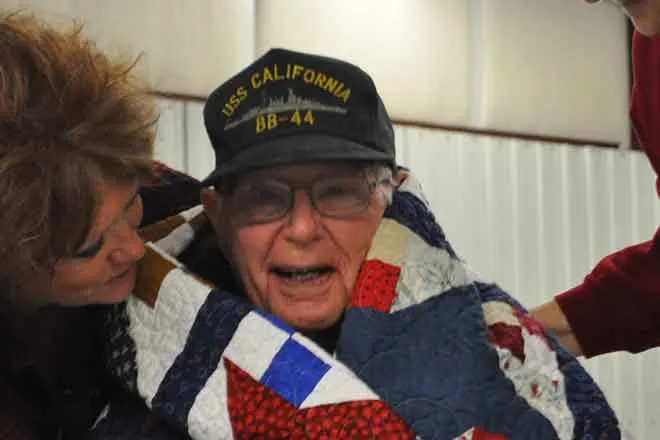
AARP invests $75,000 in Colorado projects to make communities more livable
© iStock
Click play to listen to this article.
The nation's largest advocacy group for people age 50 and older is investing more than $4.2 million, including more than $75,000 in Colorado, to help make communities more livable for people of all ages.
AARP Colorado Associate State Director Marissa Volpe said the city of Fort Collins won a $20,000 AARP grant to host a series of hands-on workshops, in both English and Spanish, to make it easier for low-income residents to remain in their homes as they get older.
"This is going to focus on plumbing 101, water conservation for mobile homes and senior apartments," said Volpe. "And the event aims to really build do-it-yourself skills, reduce maintenance costs and support aging in place."
© iStock - Rawpixel Ltd
AARP's Livable Communities initiative has invested more than $24 million in some 1,700 projects since 2017, including 40 in Colorado.
The program funds innovative projects meant to inspire change in public spaces, housing, transportation and more.
This year marks AARP's most substantial investment in rural communities to date, with 45 percent of grants going to these areas.
The grassroots group Commun was awarded more than $18,000 to develop an emergency disaster plan for the Loretto Heights Resilience Hub in Southwest Denver.
Volpe said this community-driven effort will help empower local navigators, known as promotoras, to deliver disaster preparedness and other critical information to older residents.
"It's the idea to capacitate those on the ground," said Volpe, "the folks you might see at church on Sunday, the folks you might see in the supermarket - with the necessary information."
Bike Durango won a grant of more than $12,000 to install a temporary bike lane on Junction Creek Road.
Volpe said the lane will promote a safer environment for walking and cycling, and help people access multiple municipal amenities.
"Expanding pedestrian safety, walkability, and bikeability in communities," said Volpe. "This is a big point of making communities livable and reducing car traffic."

















